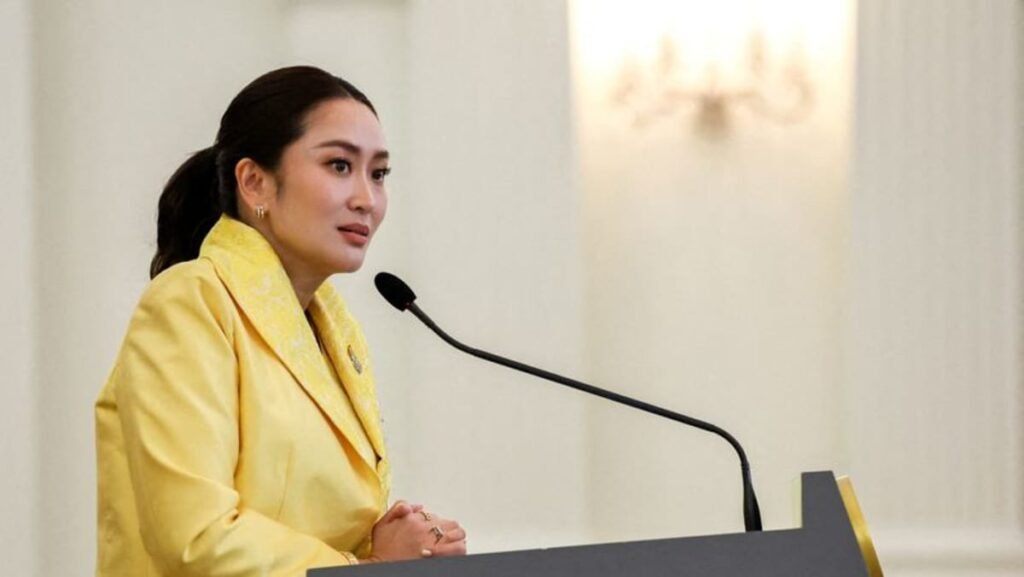Thailand’s Prime Minister Paetongtarn Shinawatra emphasized the importance of ASEAN’s involvement in ending the ongoing civil war in Myanmar during an event in Bangkok. The country has been in turmoil since February 2021 when the military seized power from the elected civilian government, resulting in widespread protests and armed rebellion against the ruling junta. Paetongtarn highlighted the necessity for ASEAN to take a leading role in restoring peace to Myanmar and expressed Thailand’s willingness to work with Malaysia, the upcoming ASEAN chair, to use diplomatic means to address the conflict. She also offered Thailand to serve as a mediator to facilitate talks between the conflicting parties.
Despite ASEAN’s effort to resolve the crisis through the Five Point Consensus announced in April 2021, progress has been minimal. The junta in Myanmar has shown reluctance to engage in dialogue with its opponents, dismissing them as terrorists aiming to disrupt the nation. The lack of willingness from the ruling junta to participate in talks has hindered the peace process, exacerbating the conflict and prolonging the suffering of the people in Myanmar. As a result, the regional bloc faces challenges in effectively mediating and finding a resolution to the civil war.
The upcoming summit of ASEAN leaders in Laos will provide an opportunity for member countries to discuss and strategize on ways to address the crisis in Myanmar. Paetongtarn’s call for ASEAN to play a crucial role in ending the conflict underscores the urgency of the situation and the need for collective action from the regional bloc. By leveraging diplomatic channels and mediation efforts, ASEAN aims to facilitate dialogue between the conflicting parties in Myanmar and work towards a peaceful resolution that safeguards the interests of all stakeholders involved.
Thailand’s offer to mediate and collaborate with Malaysia in finding a solution to the conflict reflects the commitment of ASEAN member states to support Myanmar in its path to stability and democratization. As a key player in the region, ASEAN plays a pivotal role in promoting peace, security, and cooperation among its member countries. By pushing for dialogue and engagement between the conflicting parties, ASEAN aims to build trust, foster understanding, and create a conducive environment for negotiations that can lead to a lasting peace in Myanmar. The success of ASEAN’s peace efforts in Myanmar will not only benefit the country but also demonstrate the regional bloc’s ability to effectively address complex challenges and conflicts in Southeast Asia.
In conclusion, the ongoing civil war in Myanmar presents a critical test for ASEAN’s ability to mediate and resolve conflicts within its member states. The regional bloc’s commitment to ending the crisis through dialogue and diplomacy is essential in facilitating a peaceful transition in Myanmar and ensuring stability in the region. The upcoming summit in Laos will serve as a platform for ASEAN leaders to discuss and coordinate their efforts in addressing the conflict, with Thailand and Malaysia taking the lead in spearheading peace initiatives. By working together and engaging all stakeholders in Myanmar, ASEAN aims to pave the way for a democratic and inclusive future for the country, guided by the principles of peace, stability, and mutual respect among its member states.












